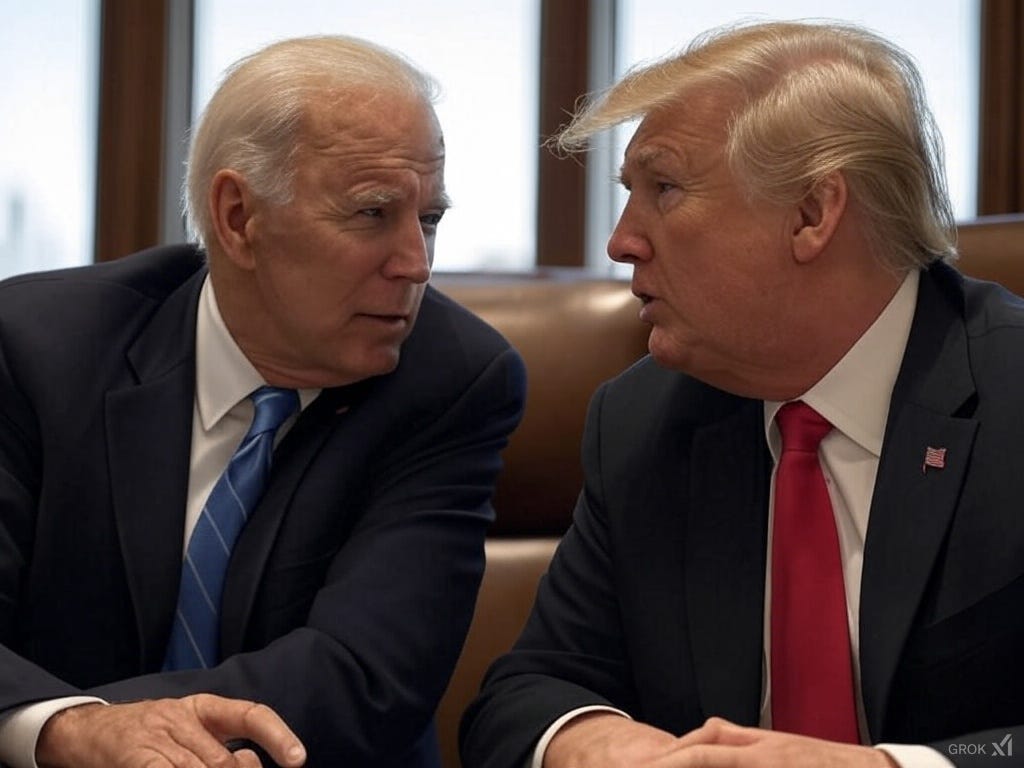Biden vs. Trump: Quiet Corruption or Open Blackmail?
Global politics is not about morality—it is about interests. The ongoing debate surrounding the dealings of U.S. administrations with Ukraine brings this reality into sharp focus.
Global politics is not about morality—it is about interests. The ongoing debate surrounding the dealings of U.S. administrations with Ukraine brings this reality into sharp focus. Allegations suggest that Joe Biden's administration, through backroom negotiations, secured access to Ukraine’s valuable natural resources. Meanwhile, Donald Trump openly states, "Take the deal, or you’ll regret it."
The Two Approaches: Cloaked Schemes vs. Blunt Bargaining
Biden’s alleged strategy follows the traditional path of discreet, behind-the-scenes agreements, ensuring that major political and economic transactions remain out of the public eye. This method avoids immediate backlash and maintains an appearance of legitimacy. However, it often results in long-term entanglements where national interests become hostage to hidden obligations.
Trump, on the other hand, prefers a direct and transactional approach. He makes it clear that the deal he offers serves U.S. interests first and foremost, and refusal comes with consequences. There is no pretense of altruism or diplomatic courtesy—just raw, unfiltered political leverage. While this method is arguably more transparent, it also resembles economic coercion, leaving little room for diplomatic maneuvering.
What’s Worse for Ukraine?
For Ukraine, neither option is ideal. The clandestine nature of behind-the-scenes deals can lock the country into agreements that only come to light when it is too late to renegotiate. At the same time, Trump's open bargaining style forces Ukraine into high-stakes political gambles where refusal could lead to direct pressure or retaliation.
Between quiet corruption and open blackmail, the latter at least provides some degree of predictability. A clear transactional offer, even if coercive, allows room for strategic negotiation. Shadowy dealings, by contrast, often benefit only those involved in the process while leaving the country at a disadvantage.
The best course for Ukraine is not to choose between these flawed approaches but to build institutions capable of setting and enforcing transparent, competitive terms for foreign investment. Until that happens, it will remain at the mercy of geopolitical power plays, whether in the form of whispered agreements or overt threats.



